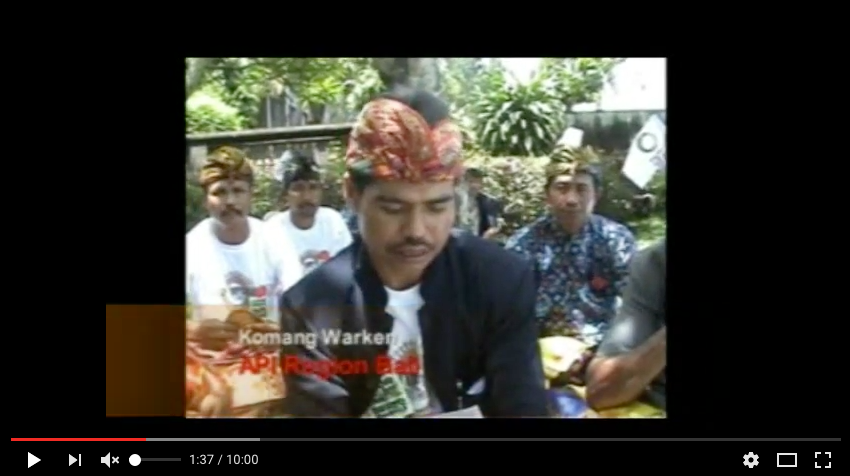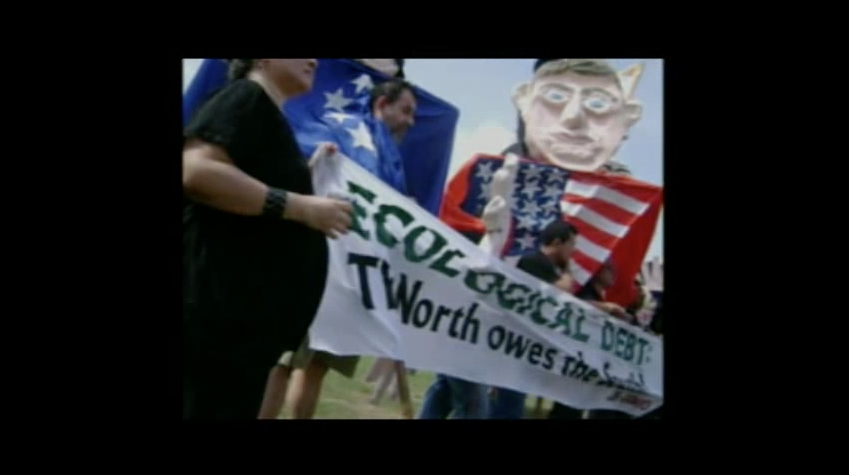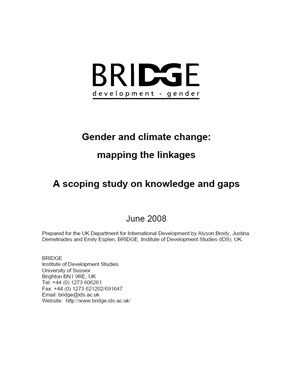Reconstrucción histórica de dos Áreas Naturales Protegidas en México
Con el presente trabajo presentamos dos áreas naturales protegidas, ubicadas en dos regiones ecológicas y culturales representativas de la biodiversidad de México: Zona Protectora Forestal Cañadas de Contreras Distrito Federal y la reserva de Biosfera, Sierra de Huautla Morelos. Aplicando el enfoque de metabolismo social, etnográfico y cualitativo se evalúa la evolución de la propiedad en nuestro país y su relación con los procesos demográficos y socioeconómicos.






